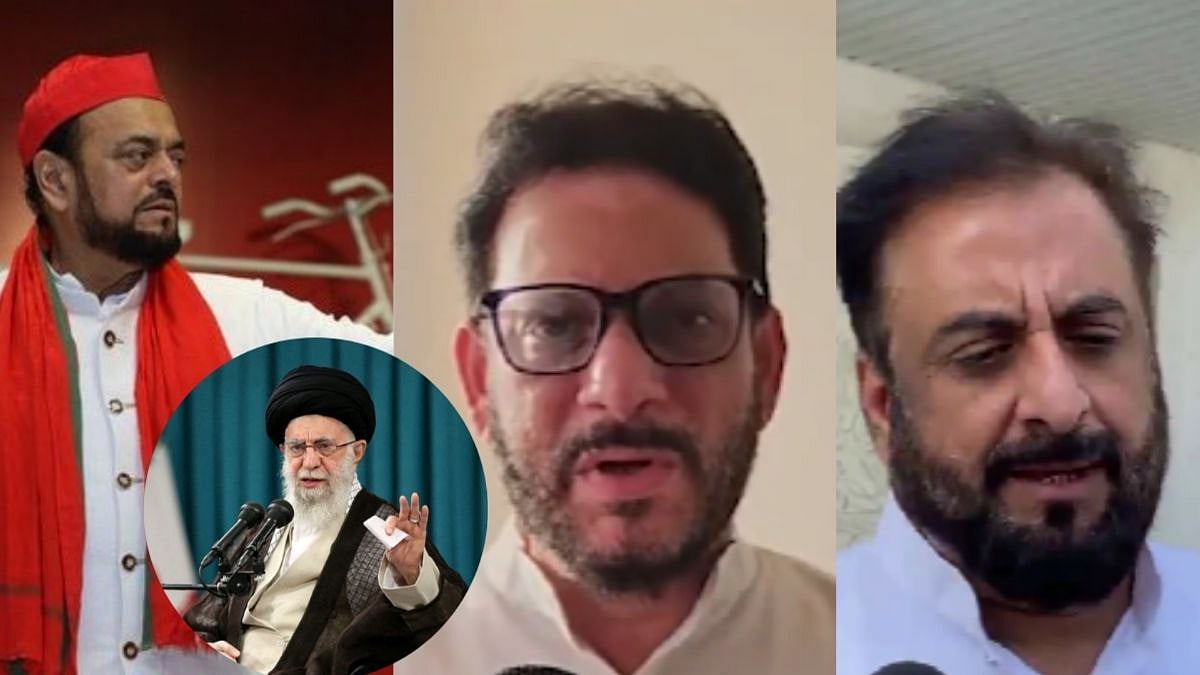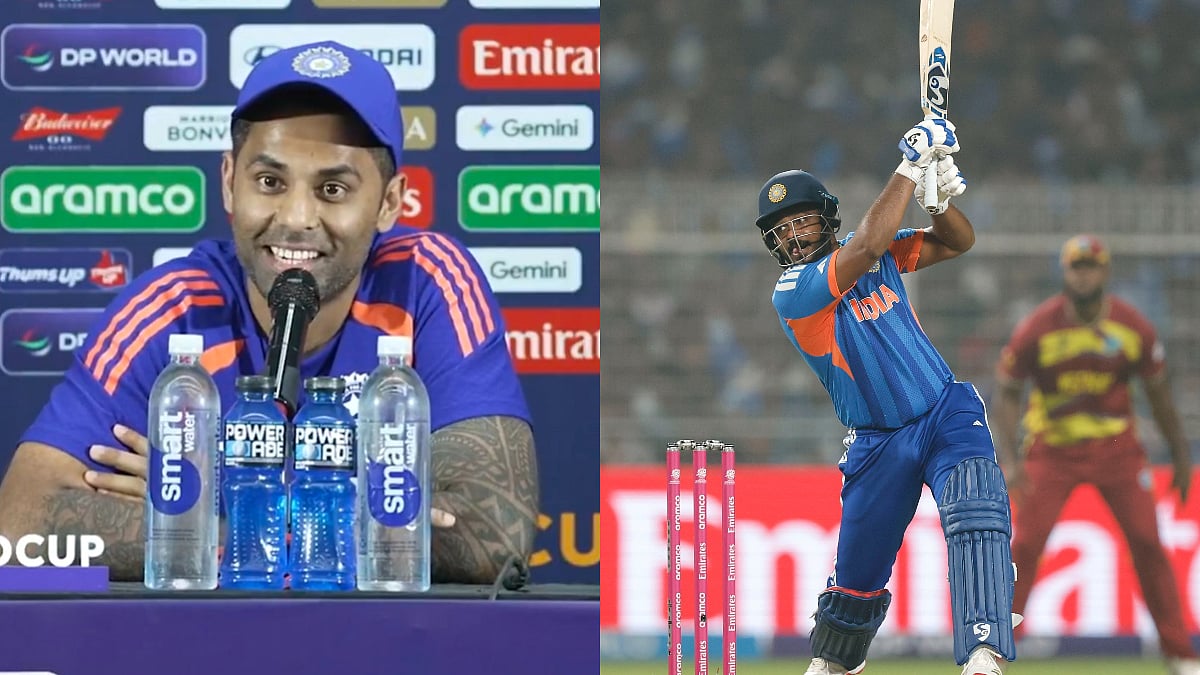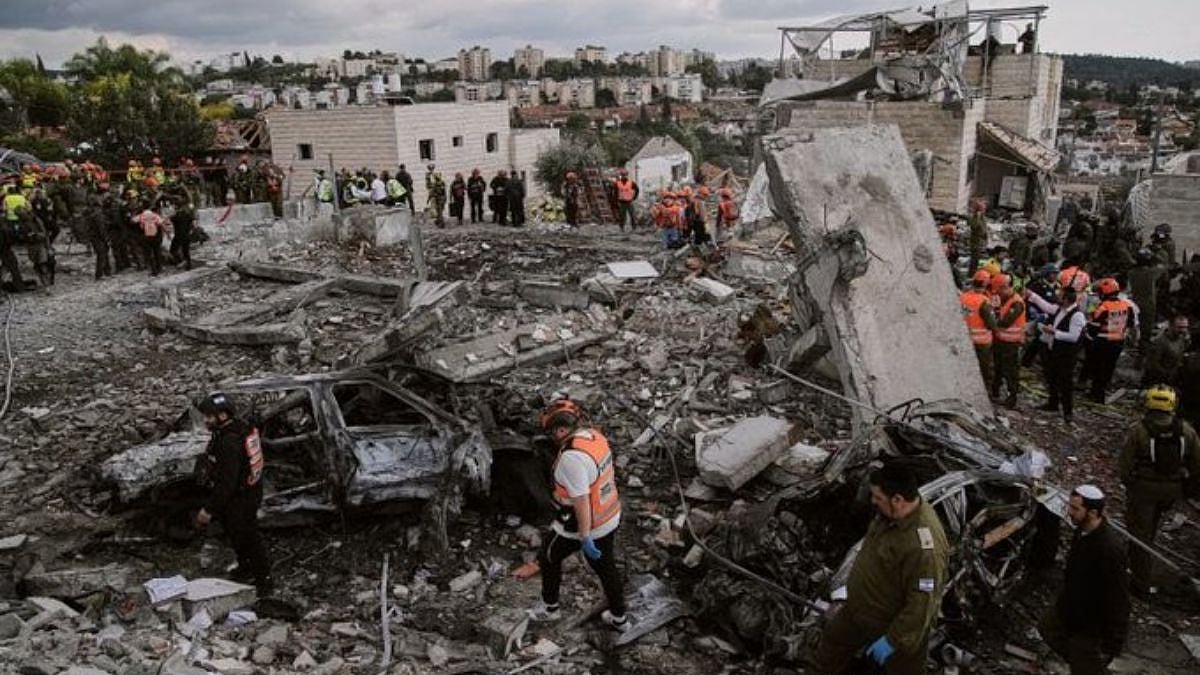Two events with global significance are looming in the next few days: COP27, the global climate summit at Sharm El-Shaikh on Nov 6-18; and G20, the gathering of the most powerful nations, on Nov 15-16 at Bali. But two factors cast a shadow over both events. These are the Russia-imposed war in Ukraine and China’s rise and consolidation of power by President Xi Jinping as he enters an unprecedented third term in post-Mao Zedong China.
First the Russian conundrum. India’s petroleum minister was in Abu Dhabi for an oil ministerial conference when he sat down for an interview with CNN. He said there was no moral dilemma for India when buying oil from Russia. He naturally avoided the word “discounted”. He said the Indian government’s moral duty was to its own people. He was propounding the official Bharatiya Janata Party line, and the moral issue is not likely to evaporate.
As winter approaches and the Ukraine war gets deadlier, fingers are crossed that the weather would not be severe. At present the gas storage tanks in Europe are so full that LNG is going a-begging due to non-availability of storage space. But extreme weather can deplete these stocks rapidly. That is the hope of Russian President Vladimir Putin who, at the Valai Forum, the Russian Davos, sang praises of leaders of India, Turkey etc as archetypical nationalists. The test will come as Europe starts tightening restrictions on sale, transportation and insurance of Russian oil shipments by December.
Meanwhile, many national elections are throwing up results that indicate a rightward swing in many democracies. While Brazilians have ousted Donald Trump’s clone President Jair Bolsonaro, Israel may see the arch-nationalist Benjamin Netanyahu return to power. But most crucial is the US midterm Congressional election on November 8. If the Republicans regain control of one or both Houses, then Trumpism will receive a boost. As US President Joe Biden is warning, that would be a threat to democracy as large segments of Republicans continue to question the sanctity of elections.
Thomas Haldenway, president of Germany’s domestic spy wing, put it well. He said that while Russia is the storm, China is climate change. Thus as the two global meetings take place in Bali and Sharm El-Shaikh, their deliberations shall be under the shadow of the Russia-China-caused global disruption. The Ukraine war has made the price of energy and food escalate. Europe's attempt to break away from the Russian gas and oil stranglehold, in the short run, is leading to the use of coal and renewables. Increased use of coal will make countries breach greenhouse gas emission limits.
Simultaneously, decoupling from China would disrupt the supply of Chinese rare earths which are critical for producing wind turbines. That is why German Chancellor Olaf Scholz has surprised his European allies by visiting China, accompanied by a business delegation, days before the G20 summit where he would have encountered the Chinese President anyway. He is rephrasing the standard formulation about decoupling from China. He says the correct approach is diversification, whereby German companies should look for business in places like India and Indonesia before downscaling commercial dealings with China.
President of UAE Shaikh Mohammed bin Zayed had a virtual meeting with U.S. President Joe Biden on November 3 on advancing energy security and energy transition, including partnership in enhancing clean energy. Some weeks ago the Emirati leader was seated in Moscow with Mr Putin. This is the balancing that most middle powers are attempting in a re-polarised world. India is also trying to remain on good terms with all sides.
The question dogging all analysts is, where does China go from here? Stephen M Walt writing in Foreign Policy magazine sees good and bad in President Xi’s power accumulation and gathering of favourites in the Standing Committee of the Politburo. Chinese GDP growth this year will be 3.2% or lower. With demographic shrinkage, zero-Covid lockdowns and an adverse global environment, China may not easily catch up with the U.S. The Chinese markets tumbling after the Chinese Party congress indicated that Mr Xi was perceived as anti-business. The Chinese Yuan also hit a 14-year low.
The fear is that as China lags in providing growth and jobs, it may turn more jingoistic to distract the people. Similarly if Mr Putin continues to suffer battlefield setbacks he may get desperate and resort to use of chemical, biological or nuclear weapons. His volte face in abandoning the grain deal and then restoring it indicates his desire to retain influence in the global south.
Regrettably the “Global South” is today divided and unable to raise its voice on issues of food and energy price escalation, climate change, rising seas’ threat to island states, impact of Covid on lives and livelihoods, etc. This is the gap that a weakened Non Aligned Movement has allowed to develop. Vibrant democracy within nations is a condition precedent to a liberal and democratic international order. The jury is out on its likelihood.
The writer is former secretary, Ministry of External Affairs




